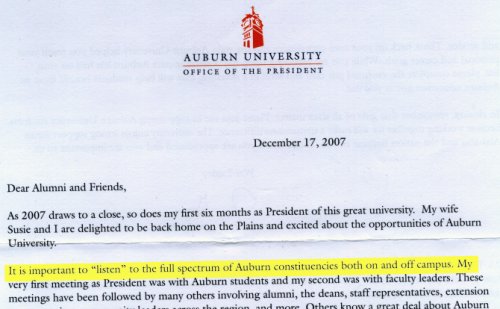The headline of this recent BBC story is Stroke victim was misdiagnosed as mad
. While reading it was pretty scary (especially as temporary aphasia can also occur in autism, and in fact i experienced it (albeit only for a few very brief periods) in my teens), it follows a certain pattern that annoys me: in describing the horrible treatment that Steve Hall experienced when misdiagnosed
, it implicitly suggests that the same treatment would be appropriate and acceptable if he actually was mad
.
It reminded me of this case of a woman who was put in a men’s prison because she was percieved to be a transsexual woman (and, therefore, in the eyes of the police who arrested her, really a man
) – and of similar cases i’ve heard of where gender-ambiguous-looking women have been refused entry to women’s toilets or other single-sex spaces where they were thought to be MTF transsexuals. As nodesignation says:
The police don’t question the practice of regularly placing trans women in situations where they will be raped. They only lament that they accidentally subjected a non-trans woman to the violence that they regularly subject trans women to. I would assume that as this story gains traction the emphasis will be about how horrible that a woman who was not trans received such mistreatment. That much is clear already from the fact that there are so few stories on trans women receiving this mistreatment despite being its being a regular occurance.
It’s not the inherent wrongness of the treatment that is discussed, it is the supposed horrible mistake
of subjecting someone to that treatment when that person actually turned out to be not a member of the category of people that it’s considered acceptable to do this sort of thing to. No thought is given to why it’s supposedly acceptable
to do it to people who are in that category, despite the fact that, in both cases, the reporting of the incident blatantly begs the question: if it was horrible and inhuman and inacceptable to do this to one person by mistake
, what is it to do it to a whole Othered
class of people deliberately?
It was, and in some places still is, common for autistic people (particularly those who don’t fit certain aspects of the commoner autism stereotypes) to be misdiagnosed
as schizophrenic
, leading to institutionalisation, forced drugging, etc. Similarly, many non-verbal autistic people (who are/were nonetheless capable of communication through other means) are or were misdiagnosed
as mentally retarded
, again leading to institutionalisation and other abuses justified
by the fact
of their supposed incapacity for rational thought or communication. On autism message boards and other communities, these cases tend to be talked about primarily in terms of the horribleness of the misdiagnosis
, often with comments to the effect that I/you/ze should never have been treated like that, because I’m/you’re/ze’s autistic, not schizophrenic/mentally retarded/whatever
, or seeing the case similarly to someone who was acquitted of a crime after new evidence proved them not guilty, as if to be found to be autistic rather than some other diagnostic category after all
is what makes all the difference. Even if the people making these sort of comments don’t realise it, they’re implying that it would be OK to do all those things to someone who actually is schizophrenic
or mentally retarded
.
…
Whether or not we want to adopt an overarching political/philosophical label like anarchist
, however, all of us who fight, with actions or words, for any oppressed groups and against oppression need to actively oppose the hypocrisy of outrage at people being mistakenly
treated like they are members of a supposedly OK to exclude, abuse or oppress
category, when the real outrage should be that such a category even exists. The thing itself is the abuse…
— Shiva @ Biodiverse Resistance (2008-01-03): The Thing Itself Is The Abuse

